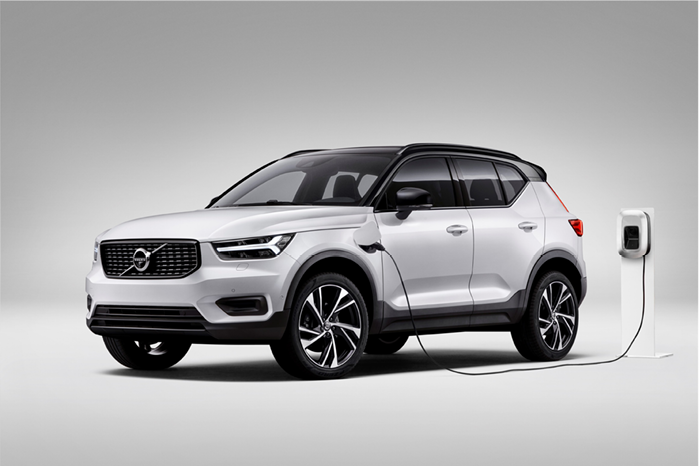The Office of Zero Emission Vehicles (OZEV) was set up to help support the wider adoption of electric and plug-in hybrid vehicles in the UK, and offers a range of grants and assistance to help motorists make the switch. Here we explain what’s available to you, should you be considering joining the electric revolution.
The three Government incentives are the Workplace Charging Scheme, the Plug-in Vehicle Grant, and the Electric Vehicle Homecharge Scheme.

Workplace Charging Scheme
The WCS is a voucher-based scheme providing support towards the up-front costs of the purchase and installation of EV chargepoints. Businesses, charities and the wider public sector can receive grants of up to £350 per socket for installing up to 40 charging sockets for their employees and fleets.
Applicants simply apply for the scheme using the online applicant portal, and if eligibility checks are successful, a unique identification voucher code is generated and issued by email. This can then be passed to any OZEV-authorised WCS installer. The chargepoint(s) must be installed, and the voucher claimed (by the installer, on the applicant’s behalf), through the online installer portal, within 180 days of the date of issue.
Plug-in Vehicle Grant
The upfront price of new electric vehicles can be higher than a comparable petrol or diesel car. To help overcome this, the Government introduced a grant to help buyers offset some of the cost of a new EV.
This grant is available on a range of eligible EVs including cars, vans, motorcycles, mopeds, taxis and even large trucks. To qualify for the grant the EV you buy must have an initial list price (before options) of less than £35,000 (including VAT), have emissions of less than 50g/km, and a zero-emissions range of at least 70 miles. For vans there is no upper price limit, the vehicle must have emissions of less than 75g/km and a zero-emissions range of at least 10 miles.
The maximum grant available for new electric cars is £2,500 while the maximum grant for a new electric van is £3,500 for a small van (less than 2.5 tonnes) and up to £6,000 for a large van (2.5 to 3.5 tonnes). Taxis can get up to £7,500 and motorbikes up to £1,500. It is worth mentioning that the grant doesn’t specifically exclude hybrids, but no hybrid cars currently meet the criteria.
With these grants, and the low running costs of EVs, the total cost of ownership of a new EV can fall broadly in line with an equivalent petrol or diesel model. Even better, you don’t need to do a thing to qualify for the grant – the dealer you buy the vehicle from will include the value of the grant in the vehicle’s price at point of purchase. If you lease your vehicle the leasing company will reflect the value of the grant in the rental figure.
Electric Vehicle Homecharge Scheme
There are additional OZEV grants available to help cover the cost of EV charging infrastructure. The cheapest, fastest way to charge your EV is at home using a specially designed EV charging unit. This all-weather unit can be installed outside your home and can charge your EV in a matter of hours. By charging your EV from home you could save significantly on fuel costs.
OZEV provides grant funding of up to 75% towards the cost of installing a domestic charging unit, up to £350. Householders must own, lease or be named as the primary user of an eligible EV or have a vehicle on order to qualify for the grant. The benefits of this are huge as you’ll be able to charge your EV overnight for a fraction of the cost of filling up a conventional car with petrol or diesel. It is also easy to use, simple to run, and safe.
The list of vehicles eligible for this scheme is longer than that of vehicles eligible for the Plug-in Vehicle Grant, as this scheme also includes eligible hybrids. The mechanism for applying for the grant and having your chargepoint installed is similar to that of the Workplace Charging Scheme outlined above, except that the installer makes the initial application on the customer’s behalf.
Vehicle Eligibility
Not all EVs are eligible for these Government grants and schemes. To check if your car is eligible for the Plug-in vehicle grant, see here, and for the EV Homecharge Scheme, see here.
For further information on the schemes and grants discussed in this article, visit the web pages below:








